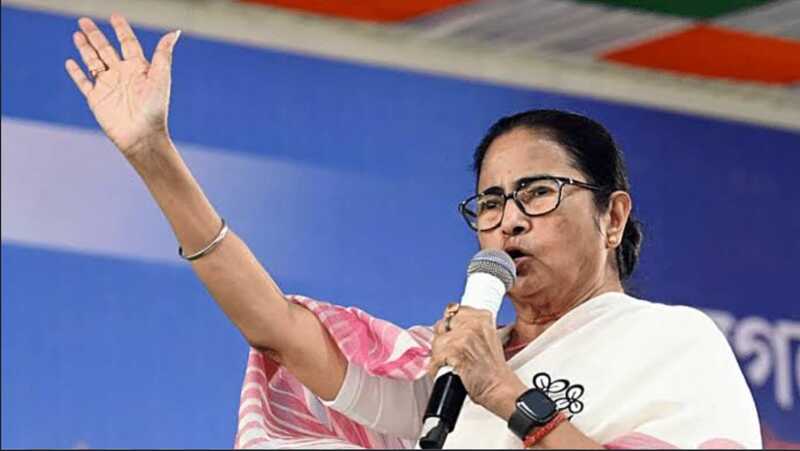Article Today, Kolkata: West Bengal erupted in protest on Monday after Delhi Police reportedly referred to Bengali as the “Bangladesh language” in an official communication. Chief Minister Mamata Banerjee and her party Trinamool Congress (TMC) condemned the reference, calling it a “direct insult” to the Indian Constitution and the people of Bengal.
Delhi Police Letter Triggers Controversy
The controversy began after a letter from the Lodhi Colony police station in Delhi reached Banga Bhavan, informing about the arrest of eight undocumented Bangladeshi nationals. The letter included a section titled “translation of documents written in Bangladesh language.” This phrase sparked widespread criticism and outrage in Bengal.
Mamata Slams Insult to National Identity
CM Mamata Banerjee took to social media, posting a copy of the police letter and expressing her strong disapproval. She reminded the nation that Bengali is the language of Rabindranath Tagore, Swami Vivekananda, and is also the language in which India’s national anthem and national song were composed. “It is one of India’s 22 official languages. Referring to it as a foreign language is shameful,” she wrote.
TMC Leaders Demand Apology and Action
Senior TMC leaders also voiced their anger. MP Abhishek Banerjee accused the BJP-led Centre of deliberately undermining Bengal’s cultural identity. MP Mahua Moitra called it a “calculated act” and not a mistake. She demanded an unconditional apology from Delhi Police and disciplinary action against the officer responsible for the letter.
Bengali Artists Join the Protest
Leading voices from the Bengali film and music industry joined the backlash. Director Srijit Mukherji tweeted that Bengali is not a “Bangladesh language” but a constitutionally recognized Indian language. Singer Rupam Islam added that such a mischaracterization reflected “ignorance and intellectual bankruptcy.”
Broader Language Movements in Focus
This incident has added fuel to ongoing language movements across the country. In Maharashtra, pro-Marathi and anti-Hindi campaigns are gaining momentum. In southern states too, local language assertion continues to challenge Hindi imposition. The controversy in Bengal now adds another dimension to the national debate over linguistic identity.
Demand for Cultural Sensitivity and Accountability
The Bengal government and several civil society groups have called for cultural sensitivity from law enforcement agencies. They argue that such references not only hurt regional pride but also undermine the constitutional vision of linguistic diversity. The demand for a formal apology and policy correction continues to grow.



